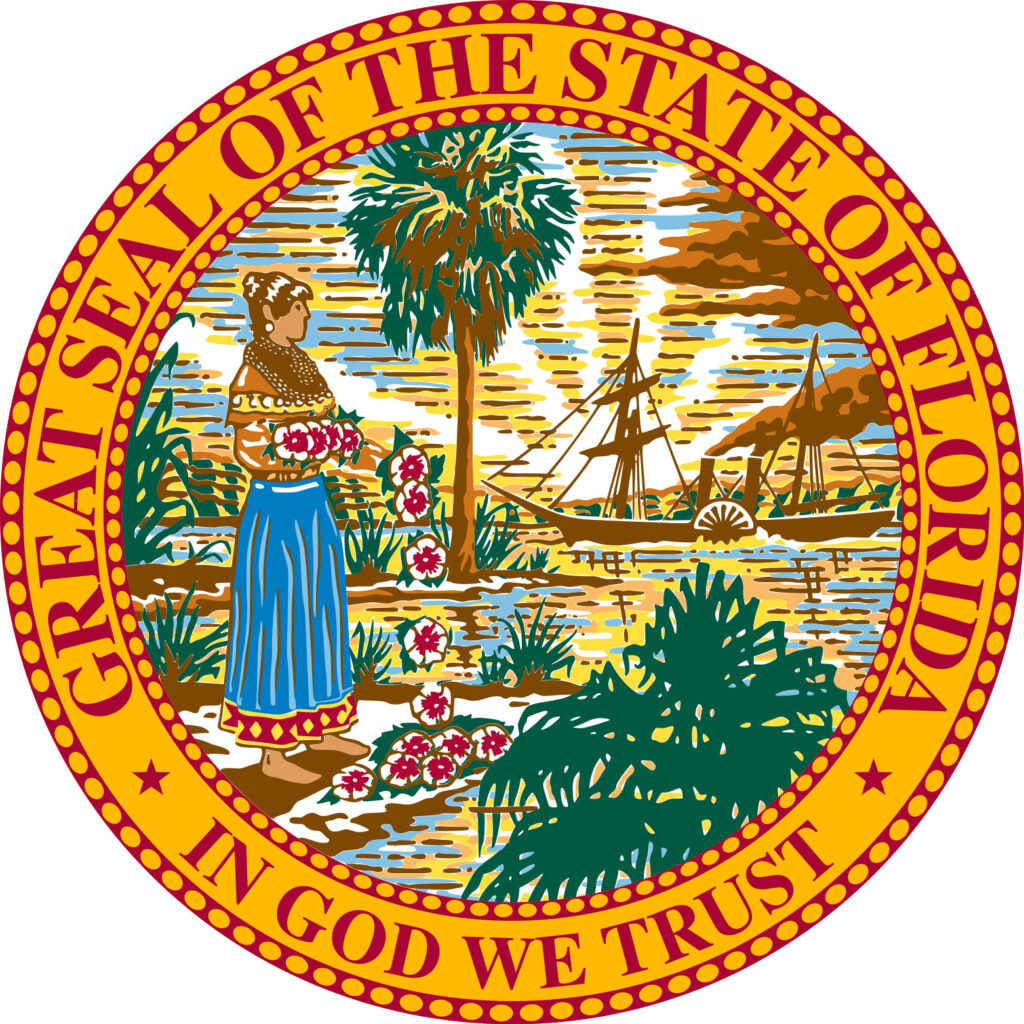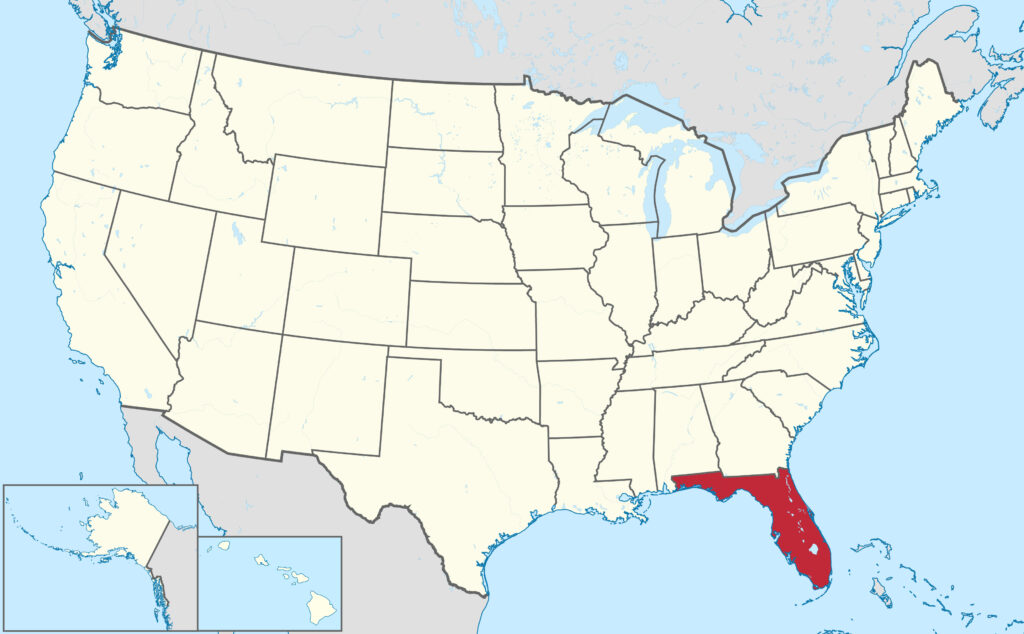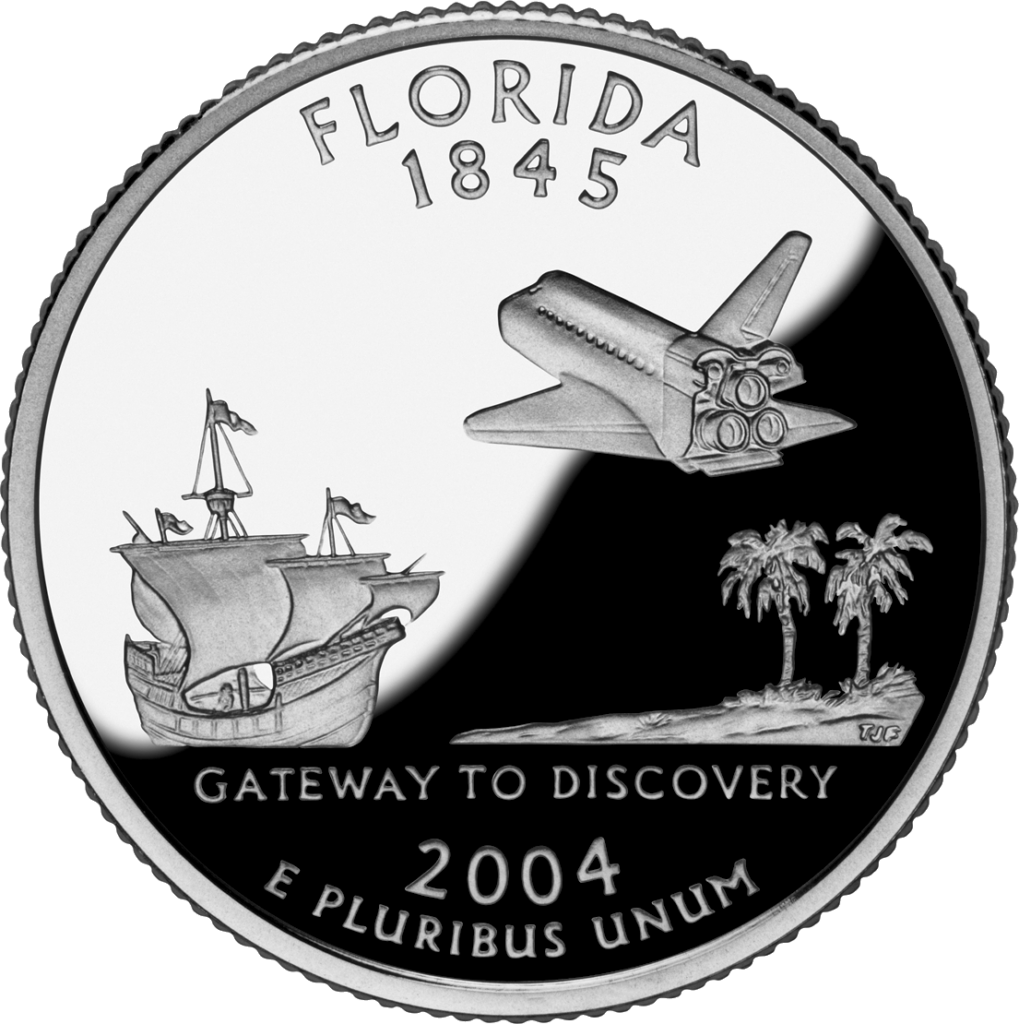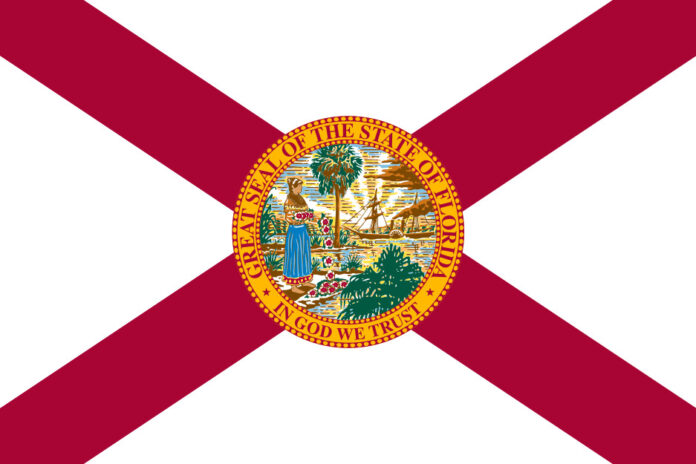Florida, famously known as the “Sunshine State“, stands as one of the most diverse, culturally rich, and geographically fascinating states in the United States. Its golden beaches, vast wetlands, and bustling cities make it a unique blend of natural beauty and urban vibrancy. Florida’s rich history spans centuries, from indigenous civilizations and European colonization to its rise as a global tourism hotspot. It’s a state that captures the imagination with its abundant wildlife, iconic landmarks, and economic significance.
This comprehensive guide delves into Florida’s geography, history, economy, culture, and attractions, providing a thorough understanding of what makes it such a significant part of the United States. With over 21 million residents and tens of millions of annual visitors, Florida remains a cornerstone of American life, culture, and development.
Geography and Natural Beauty
Florida is located in the southeastern United States and is a peninsula bordered by the Atlantic Ocean to the east and the Gulf of Mexico to the west. Its strategic location gives it more than 1,300 miles of coastline, making it a paradise for beach lovers and marine enthusiasts. Key geographic regions include the Panhandle in the north, the central highlands, and the southern subtropical regions, including the Florida Keys.
The Everglades National Park is one of the state’s most iconic natural features, encompassing a vast network of wetlands and home to a diverse range of flora and fauna. Alligators, manatees, and panthers are among the species that inhabit this unique ecosystem. The Florida Reef, the only living coral barrier reef in the continental United States, is another geographic marvel, drawing divers and snorkelers from around the world.
Florida’s climate ranges from subtropical in the north to tropical in the south, making it a year-round destination for those seeking warm weather. The state is also known for its frequent thunderstorms, especially during the summer months, as well as its vulnerability to hurricanes.
A History Rich in Diversity
Florida’s history is as diverse as its population. Indigenous peoples, including the Timucua, Calusa, and Seminole tribes, lived in the region long before the arrival of Europeans. In 1513, Spanish explorer Juan Ponce de León was the first European to land in Florida, naming it “La Florida” due to its lush, flower-filled landscape. The Spanish established settlements, including St. Augustine, which remains the oldest continuously inhabited city in the United States.
Over the centuries, Florida changed hands between Spain, France, Britain, and eventually the United States, becoming a U.S. territory in 1821 and a state in 1845. During the Civil War, Florida sided with the Confederacy, supplying goods to support the war effort. The late 19th and early 20th centuries saw significant population growth and economic development, spurred by the expansion of railroads and agriculture.
In the 20th century, Florida became a tourism powerhouse with the opening of attractions like Walt Disney World in 1971. Its role in space exploration, with the Kennedy Space Center at Cape Canaveral, further solidified its importance on both a national and global scale.
Economy and Industry
Florida boasts one of the most robust economies in the United States, driven by tourism, agriculture, international trade, and aerospace. Tourism is undoubtedly the backbone of Florida’s economy, attracting millions of visitors annually. Iconic attractions like Walt Disney World, Universal Studios, and Miami’s South Beach are major draws.
Agriculture also plays a critical role, with Florida being a leading producer of citrus fruits, sugarcane, and tomatoes. The state’s ports, such as PortMiami and Port Tampa Bay, make Florida a vital hub for international trade, particularly with Latin America and the Caribbean.
Florida is also a leader in aerospace and aviation. The Kennedy Space Center has been pivotal in U.S. space exploration, serving as the launch site for Apollo missions and modern space initiatives. With the emergence of private space companies like SpaceX, Florida continues to be at the forefront of space innovation.
Cultural Melting Pot
Florida’s culture reflects its diverse population, which includes influences from Latin America, the Caribbean, Europe, and traditional Southern culture. Miami, often called the “Gateway to the Americas,” is a vibrant cultural hub where Hispanic influences dominate. Cuban culture, in particular, is a defining feature, with Little Havana offering authentic Cuban food, music, and traditions.
Northern Florida, on the other hand, has a more traditional Southern feel, with historic towns, country music, and soul food as cultural staples. The state’s diversity is also evident in its festivals, such as Calle Ocho in Miami and the Florida Strawberry Festival in Plant City.
Florida’s art scene is equally dynamic. Events like Miami’s Art Basel attract international attention, while the state’s theaters, museums, and galleries celebrate both contemporary and classical works.
Education and Research
Florida is home to several prestigious educational institutions, including the University of Florida, Florida State University, and the University of Miami. These universities are renowned for their research programs in fields such as marine biology, space science, and renewable energy. Florida also has a strong network of community colleges and technical schools that support workforce development.
The state’s focus on innovation is evident in its investment in biotechnology, renewable energy, and aerospace research. Companies and organizations in Florida are leading advancements in these fields, making it a hub for scientific and technological progress.
Tourist Attractions and Outdoor Activities
Florida is a haven for tourists, offering an array of attractions that cater to all interests. Theme parks like Walt Disney World, Universal Studios, and SeaWorld are some of the most visited destinations globally. However, Florida’s natural beauty is equally compelling.
The Florida Keys offer unparalleled opportunities for snorkeling, diving, and fishing, while the Everglades provide a unique chance to explore one of the world’s most fascinating ecosystems. For those who enjoy hiking and camping, Ocala National Forest and Big Cypress National Preserve are ideal destinations.
Beaches are another major draw, with Clearwater Beach, Siesta Key, and Miami Beach ranking among the best in the world. Water sports such as jet skiing, paddleboarding, and parasailing are popular activities.
Challenges and Environmental Efforts
While Florida’s natural beauty is one of its greatest assets, it also faces significant environmental challenges. Rising sea levels, coastal erosion, and the impact of hurricanes pose ongoing threats to its infrastructure and ecosystems. The Everglades, in particular, have been affected by water pollution and urban encroachment, prompting large-scale restoration efforts.
Efforts to address these challenges include investments in renewable energy, sustainable tourism, and conservation programs. Florida is also promoting the use of solar power and electric vehicles as part of its commitment to reducing greenhouse gas emissions.
Notable Floridians and Contributions
Florida has produced numerous influential figures across various fields. In literature, Ernest Hemingway’s home in Key West is a testament to the state’s inspirational environment. Musicians like Ray Charles and Gloria Estefan have roots in Florida, contributing significantly to American music.
The state has also been home to political figures, including several U.S. presidents who have chosen Florida as their place of residence after their terms. Additionally, athletes like Dwayne “The Rock” Johnson and Venus and Serena Williams have trained and lived in Florida, further highlighting the state’s role in shaping American culture and talent.
Florida is a state of immense diversity, natural beauty, and cultural richness. Its history is deeply intertwined with that of the United States, and its economy and attractions continue to shape its national and international identity. From the pristine beaches of the Gulf Coast to the vibrant streets of Miami, Florida offers something for everyone.
As a hub of innovation, tourism, and environmental conservation, Florida exemplifies resilience and adaptability. Whether you are exploring its history, enjoying its attractions, or marveling at its natural wonders, Florida leaves an indelible mark on all who visit or call it home. It is no wonder that the Sunshine State remains one of the most cherished and celebrated states in the nation.




